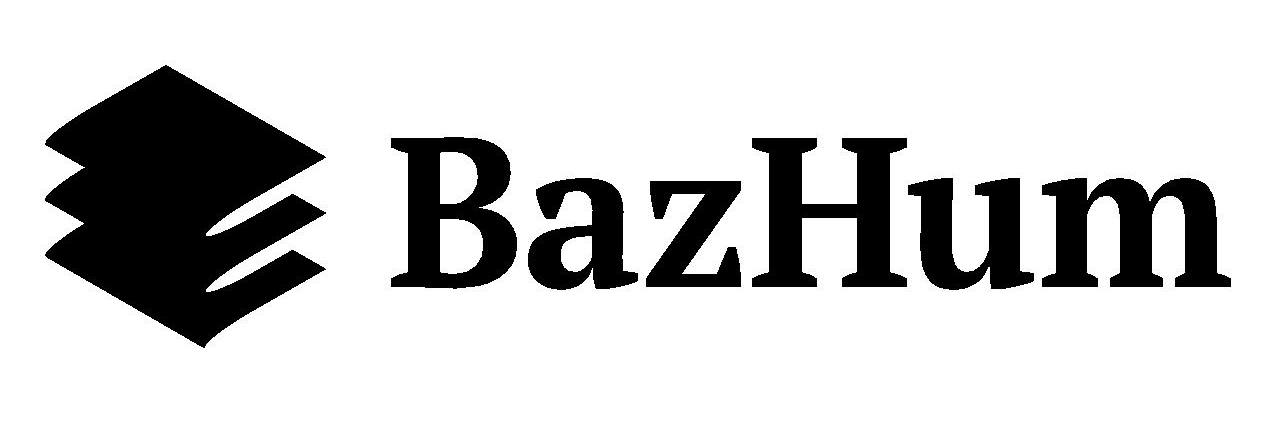Publication ethics
i) Journal policies on authorship and contributorship
ii) How the journal will handle complaints and appeals
iii) Journal policies on conflicts of interest / competing interests
iv) Journal policies on data sharing and reproducibility
v) Journal’s policy on ethical oversight
vi) Journal’s policy on intellectual property
vii) Journal’s options for post-publication discussions and corrections
i) Journal policies on authorship and contributorship
We consider the author (co-author) of a research article as it is done by СОРЕ, that is the person who is the creator or originator of an idea (e.g., the author of the theory of relativity) or the individual or individuals who develop and bring to fruition the product that disseminates intellectual or creative works. The status of the article writer means that this person performed the research and did not infringe the copyright and other persons' right.
The author, before sending an manuscript to the journal, has read and accepted the publication ethics principles mentioned in THE ETHICS AND MALPRACTICE STATEMENT.
The MIND Journal supports and adopts ICMJE (https://www.icmje.org/recommendations/browse/roles-and-responsibilities/...) authorship criteria, as recommended by the Council of Scientific Editors (https://www.councilscienceeditors.org/2-2-authorship-and-authorship-resp...).The authorship be based on the following 4 criteria:
• Substantial contributions to the conception or design of the work; or the acquisition, analysis, or interpretation of data for the work; AND
• Drafting the work or reviewing it critically for important intellectual content; AND
• Final approval of the version to be published; AND
• Agreement to be accountable for all aspects of the work in ensuring that questions related to the accuracy or integrity of any part of the work are appropriately investigated and resolved.
Contributors who meet fewer than all 4 of the above criteria for authorship should not be listed as authors, but they should be acknowledged. The co-author must have an idea of all the work content, and not be responsible only for the part that he performed directly. Individuals who have not contributed significantly to the scientific results and the article preparation may be mentioned at the end of the article; the authors may express their gratitude with reference to how these persons contributed to this scientific work emergence.
ii) How the journal will handle complaints and appeals;
The policy is based on COPE's core practices and WAME's guidelines (http://www.wame.org/about/policies) :
• Receipt of Complaints: All complaints should be via email in contact section on the MIND Journal web-page.
• Acknowledgment: An acknowledgment of receipt will be sent within 5 working days, and a full response will be provided within 30 working days.
• Investigation: All complaints will be thoroughly investigated by the group created by Editor-in-Chief in a fair and unbiased manner, ensuring confidentiality throughout the process.
• Documentation: A comprehensive record of all communications, findings, and actions taken will be maintained.
• Resolution: Every effort will be made to resolve complaints to the satisfaction of all parties involved, in line with the journal’s policies and ethical guidelines.
• Appeals: In case of an unsatisfactory resolution, an appeal can be made to the Editorial Board, which will review the complaint and the initial decision.
• Feedback: Continuous feedback will be sought from stakeholders to improve the complaint handling process.
iii) Journal policies on conflicts of interest / competing interests
The author can declare the conflict of interest in the cover letter. The journal editor will use this information to inform their editorial decisions. The editor may instead decide not to publish your article based on any declared conflict of interest.
Non-financial competing interests include but are not limited to:
• Acting as an expert witness
• Membership in a government or other advisory board
• Relationship (paid or unpaid) with organizations and funding bodies including nongovernmental organizations, research institutions, or charities
• Membership in lobbying or advocacy organizations
• Writing or consulting for an educational company
• Personal relationships (e.g. friend, spouse, family member, current or previous mentor, adversary) with individuals involved in the submission or evaluation of a paper, such as authors, reviewers, editors, or members of the editorial board of a PLOS journal
• Personal convictions (political, religious, ideological, or other) related to a paper's topic that might interfere with an unbiased publication process (at the stage of authorship, peer review, editorial decision-making, or publication)
Authors, editors, reviewers, should declare competing interests.
iv) Journal policies on data sharing and reproducibility
The journal offers open access to the contents based on the principles of the non-exclusive license Creative Commons (CC BY 4.0). https://creativecommons.org/licenses/by-nc-nd/4.0/deed.pl
v) Journal’s policy on ethical oversight
According to THE ETHICS AND MALPRACTICE STATEMENT:
When you submit a paper to the MIND Journal, you confirm that you have read the ethical guidelines, agree to the contents, and have taken appropriate actions. By submitting a paper to the journal, it is understood that all authors have thereby declared that they have read and agree on the content of the submitted paper. The Editorial Office may reject submissions if it is felt that the work was not carried out within an ethical framework.
The MIND Journal adheres to the principles outlined by the Committee on Publication Ethics (COPE) - https://publicationethics.org and follows their guidelines in respect of publication ethics and managing problems when they arise.
vi) Journal’s policy on intellectual property
The journal offers open access to the contents based on the principles of the non-exclusive license Creative Commons (CC BY 4.0). https://creativecommons.org/licenses/by-nc-nd/4.0/deed.pl
vii) Journal’s options for post-publication discussions and corrections
According to THE ETHICS AND MALPRACTICE STATEMENT:
Post-publication discussions and corrections
Correction requests for the following cases can be addressed, provided that a notice is included:
• Mistakes that could influence the scientific interpretation, including mistakes in sections of an otherwise dependable publication that may lead to misinterpretation; errors in data or interpretation that do not impact the ultimate conclusions.
• Scientifically significant formatting modifications, including incomplete or unclear figures/tables; inclusion or exclusion of an author from the list of authors (including complete affiliations); Inclusion or exclusion of an entire reference.
Addition or removal of a substantial amount of text in the supplementary material, covering elements such as author contributions and acknowledgments. Upon the approval of the request for updates, the paper will be revised and reissued on the journal`s website, accompanied by a notice. This notice, published separately, provides a link to the updated paper and is featured in the journal's most recent issue. The Correction serves the purpose of notifying readers about a significant alteration in the paper and directs them to the revised version on the website. Following these updates, relevant indexing databases will be informed to ensure their versions are also amended.
Policy on Alteration of Author Names
In instances where authors desire to modify their names after publication, University of Economics and Humanities, as the publisher, will revise and reissue the article, providing updated metadata to relevant indexing databases (subject to the policies of those databases). Recognizing the sensitivity and privacy associated with name changes, especially concerning gender identity alignment, marriage, divorce, or religious conversion, no Correction will be published, and co-authors will not be informed. Authors are required to communicate their name change request to the Editorial Office of the journal.
Retractions
In cases where a paper needs to be withdrawn from the body of research literature due to errors, ethical violations, data fabrication, plagiarism, or other reasons, MIND JOURNAL follows the recommendations of the Committee on Publication Ethics (COPE) for retractions. . Following these updates, relevant indexing databases will be informed to ensure their versions are also amended.



